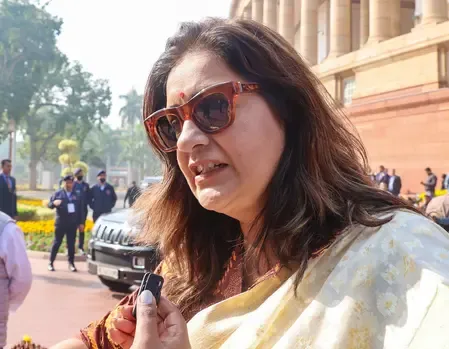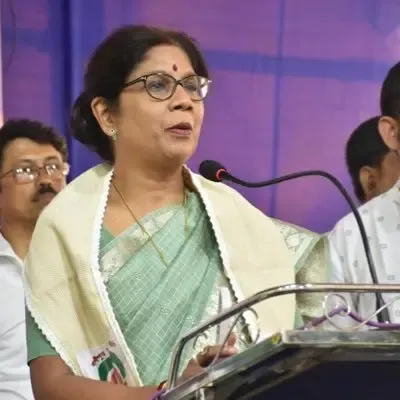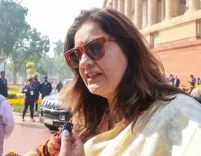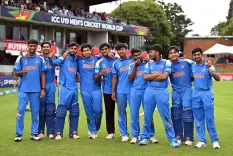Supreme Court Appoints Ranjit Kumar as Amicus Curiae in Lokpal Case Involving High Court Judges
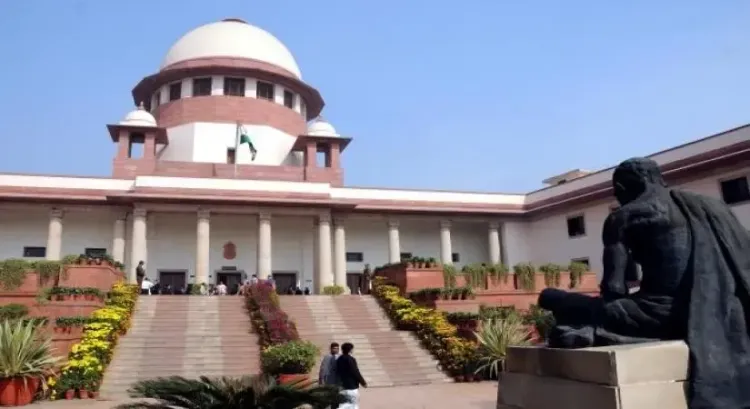
Synopsis
Key Takeaways
- Supreme Court appointed Ranjit Kumar as amicus curiae.
- Focus on the jurisdiction of Lokpal regarding High Court judges.
- Solicitor General stated High Court judges are public servants under the Act.
- Next hearing scheduled for April 15.
- The independence of the judiciary is a significant concern in this case.
New Delhi, Mar 18 (NationPress) The Supreme Court appointed senior advocate Ranjit Kumar as an amicus curiae (friend of the court) in a case where it has suo moto suspended the operation of a Lokpal decision stating that the anti-corruption body may handle complaints against High Court judges.
A bench comprising Justices B.R. Gavai, Surya Kant, and Abhay S. Oka expressed that the apex court would solely review the jurisdictional authority of the Lokpal and would refrain from discussing the substance of the allegations presented by the complainant.
During the hearings, Solicitor General Tushar Mehta mentioned that the Lokpal had submitted an affidavit asserting that a High Court judge fits the definition of a public servant under the Lokpal and Lokayuktas Act, 2013.
He argued that High Court judges, as constitutional functionaries, do not fall under the anti-corruption law's scope.
The complainant, who appeared personally, indicated that he had submitted his written observations.
Nevertheless, the bench led by Justice Gavai decided to appoint Ranjit Kumar as an amicus curiae to represent the complainant.
The next hearing is scheduled for April 15.
In a preliminary order issued on February 20, the Supreme Court suspended the Lokpal's contentious decision after the anti-corruption body referred two complaints to the office of the Chief Justice of India (CJI). These complaints involved allegations that a sitting additional judge of a high court had influenced his colleague and an additional district judge regarding a suit against the complainant initiated by a private entity.
“Something very, very disturbing,” remarked the Justice Gavai-led bench as it issued notices to the Union government and the Lokpal Registrar.
By staying the contested decision, the apex court emphasized the significance of the issue, as it pertains to the independence of the judiciary.
In a ruling dated January 27, the Lokpal decided it could address complaints against judges of High Courts established by an Act of Parliament.
“(B)y this order we have resolved a singular issue - whether High Court judges fall under the purview of Section 14 of the Act of 2013, affirmatively. We have not examined the merits of the allegations at all,” the Lokpal stated.
“We recognize that a complaint filed with the Lokpal cannot be directly equated with a criminal case under Section 154 of the CrPC or the corresponding provision in the Bharatiya Nagarik Suraksha Sanita 2023. However, based on Section 20 of the Act of 2013, upon receiving a complaint and before the Lokpal opts to proceed with a preliminary inquiry or investigation, it must ascertain whether a prima facie case exists to advance further,” it continued.
Nonetheless, the anti-corruption body had forwarded the complaints to the CJI's office “for his kind consideration” and postponed further deliberations on the complaints for four weeks.
Previously, the Lokpal had determined that while the Supreme Court judges are considered public servants under Section 2(c) of the Prevention of Corruption Act, 1988, they do not fall under its jurisdiction as they are not included in the definition of “public servant” as stated in Section 2(1)(o) in relation to Section 14 of the Lokpal and Lokayuktas Act, 2013.



